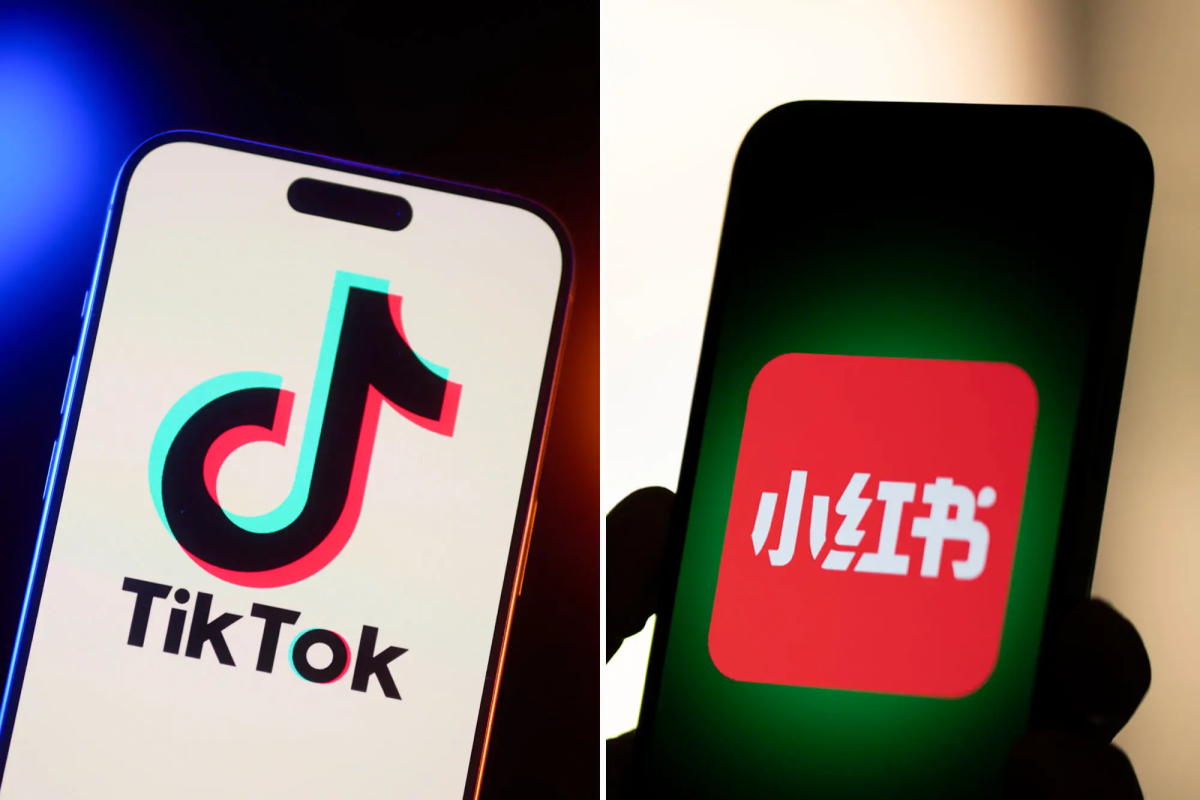If you ask most people under the age of 25, they’ll probably say one of their most used apps is TikTok. TikTok is a social media platform that is purely video-based; no text posts like Tumblr or family photos like FaceBook—users post and watch short videos uninterrupted. It has inspired other apps to add short-form video based content to their own platforms, such as Instagram Reels or YouTube Shorts. Though it has had a heavy impact on popular American-born apps, TikTok, whose parent company is based in China, may be no longer accessible to United States citizens after January 19th.
US officials have been worried about TikTok ever since it exploded in popularity around 2019. Its Chinese parent company, ByteDance, has many people worried about possible privacy risks. Multiple trials were held with the US arguing against TikTok’s presence in the country, including one featuring the current TikTok CEO, Shou Zi Chew. Many people remember this trial as various video clips from it went viral online, including one where a US senator asks him repeatedly if he has any association with China or the Chinese Communist Party, and every time he has the same answer: “Senator, I’m Singaporean.” No conclusive evidence was gathered at that trial that China was collecting TikTok data with an ulterior motive, as Chew denies personal info being sold or video data being kept for analysis.
Despite this, the most recent Supreme Court case on the topic signifies the United States’ fear of malicious intent by ByteDance, and this time, they proposed an ultimatum for the company: either ByteDance has to sell the app by the 19th of January, or it will be completely banned in the US. Justices argue that, without a sale to an American company, China can use the app to manipulate and/or spy on American citizens. Justice Department lawyer Elizabeth B. Prelogar says they could, at any time, “weaponize TikTok to harm the United States.” If this law is upheld, the app will not be totally unusable, but major tech companies would have to stop offering it and allowing it to be updated, which would eventually lead to the death of the app in the US.
ByteDance vehemently denies having any connection to the Chinese Communist party and believes this ban is unconstitutional, violating the freedoms Americans are entitled to; “The government cannot restrict speech in order to protect us from speech,” says Noel Francisco, a former US solicitor general. They have also stated they are not going to sell the app, but with the 19th steadily approaching, they have begun to reconsider. Elon Musk, the world’s richest man, may purchase TikTok similar to how he did to X, formerly Twitter. TikTok would sell for a similar price tag as X, around $40-50 billion. This would allow the app to continue to thrive within the United States, though this deal has not been confirmed yet; when TikTok representatives were asked to comment, they replied they would not comment on “pure fiction”.
TikTok fans should not lose all hope yet. President-elect Donald Trump is against doing anything until he returns to the White House January 20th. His lawyer states he “seeks the ability to resolve the issues at hand [with TikTok] through political means once he takes office”. If Trump convinces the Court to hold off with the ban, a different solution could be found that would keep TikTok in circulation without selling it to an American company; however, it is currently unknown what his definition of a “political resolution” is.
Another hope for TikTok users comes in the form of a surprising turn of events. Another app, RedNote, has spiked in popularity. The app, also known as Xiaohongshu, has become the most downloaded app on the app store as of Monday. Similar to TikTok, the app is video-based, with short form content taking up the majority of the posts. The ironic part is this app is based in China and its users mostly consist of Chinese, Taiwanese, and other Mandarin-speaking people. As a form of rebellion, American users have turned to another Chinese app, calling themselves “TikTok refugees”. Americans have also commented on the compassion Chinese netizens have shown them, as they offer to follow them and be their friend on the app, as well as helping them learn Mandarin. It’s definitely comforting to know that if TikTok really gets banned, die-hard users will have another option from across the world.
















Samuel Graaf • Jan 15, 2025 at 12:10 pm
Great article!!!